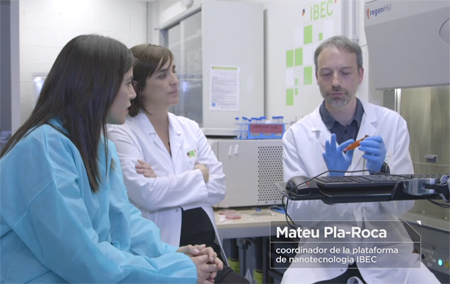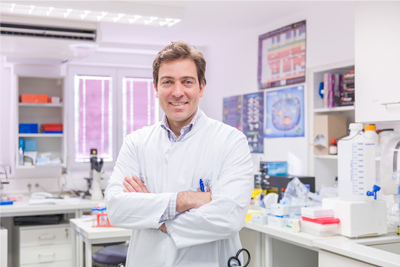Happy 10th birthday, IBEC
 2017 sees the Institute for Bioengineering of Catalonia (IBEC) celebrate its first ten years of research activity, with this week’s 10th Anniversary Symposium kicking off the celebrations.
2017 sees the Institute for Bioengineering of Catalonia (IBEC) celebrate its first ten years of research activity, with this week’s 10th Anniversary Symposium kicking off the celebrations.
It’s been a hair-raisingly fast climb up to the near top of the tree of centres in the Catalan research arena, with IBEC already holding its own alongside bigger and more established organizations for scientific output, number of ERC grants, patents, spin-offs, training programmes, national or EU-level stamps and endorsements, and other important indicators.

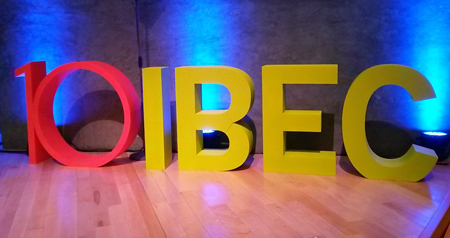
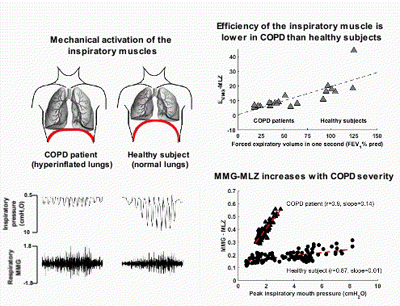
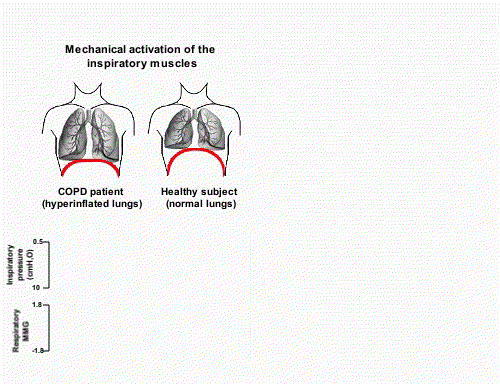 Some research published in PLOS ONE represents a new step towards translating IBEC’s basic research – specifically the novel signal processing and interpretation algorithms developed by Raimon Jané’s group – to clinical applications in hospitals.
Some research published in PLOS ONE represents a new step towards translating IBEC’s basic research – specifically the novel signal processing and interpretation algorithms developed by Raimon Jané’s group – to clinical applications in hospitals.